Kenya’s highly anticipated national high school drama festival turned chaotic after police fired tear gas to disperse crowds eager to watch a controversial student play titled Echoes of War. The performance, staged by Butere Girls High School, centers on a fictional kingdom where the youth rise up against a tyrannical regime, drawing clear parallels with Kenya’s recent youth-led protests against government tax hikes.
The play was initially disqualified under unclear circumstances, but a High Court ruling overturned the decision and allowed it to be included in the competition. However, tensions escalated in Nakuru, western Kenya, when the play’s author and former senator, Cleophas Malala, was arrested and prevented from attending rehearsals with the student performers. His detention sparked outrage, and students walked out of the venue in protest, singing the national anthem before exiting a hall heavily guarded by anti-riot police.
Malala was later released without charge and commended the students for their courage, calling their action “an act of heroic restoration.” He vowed to ensure the play reaches the Kenyan public despite government resistance.
Crowds gathered outside the drama festival venue hoping to witness the now high-profile performance. However, police, anticipating unrest, were deployed overnight and used tear gas to disperse the audience. Students voiced concerns about police intimidation and questioned the purpose of performing in a sealed venue devoid of spectators.
The incident drew sharp criticism from various public figures and rights organizations. Chief Justice Martha Koome condemned the police for violating a court order that had reinstated both the play and its author into the festival. She warned that defying judicial rulings undermines the rule of law. Amnesty International expressed concern over what it called a pattern of state-sponsored repression, highlighting growing threats to free expression and creative freedom.
Opposition leaders, including Kalonzo Musyoka and the Orange Democratic Movement (ODM), slammed the government’s heavy-handed tactics. Musyoka praised the students’ bravery, while ODM demanded that the girls be allowed to perform on equal footing with other schools.
Government officials, however, pushed back. Education Minister Julius Ogamba and Interior Minister Kipchumba Murkomen questioned why a politician like Malala was involved in student productions, warning against mixing politics with education. Murkomen criticized the use of students to settle political disputes and insisted that school competitions should remain apolitical.
Echoes of War tells the story of a youth-led resistance against an oppressive sultan, echoing real-life tensions between Kenya’s government and its increasingly vocal Gen Z population. The annual drama festival has long been a platform for students to express social and political commentary, but this is not the first time authorities have clashed with controversial content. In 2013, Malala faced a similar ban over his play Shackles of Doom, which criticized Kenya’s ethnically driven politics. The ban was later overturned by the High Court.
Malala, once a close ally of President William Ruto, has since fallen out with the ruling United Democratic Alliance (UDA) and was expelled from the party in 2023. His return to the spotlight through Echoes of War has reignited national conversations around youth empowerment, freedom of expression, and the politicization of the arts.
It remains unclear whether the play will progress to the finals at State House, where President Ruto is traditionally in attendance. But what is certain is that Echoes of War has already made its mark, both on stage and in the national debate.


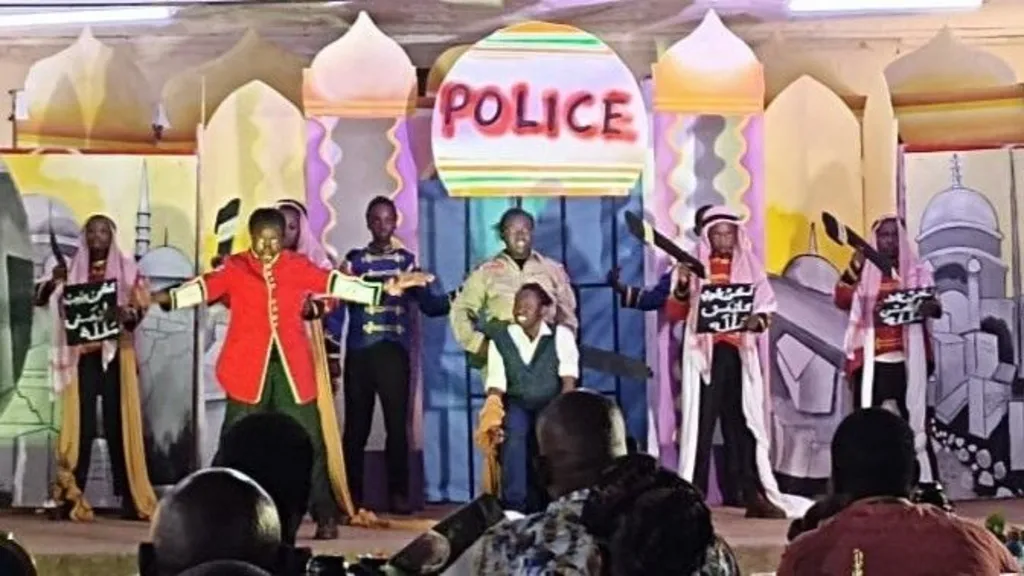
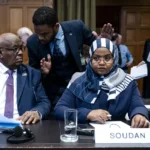



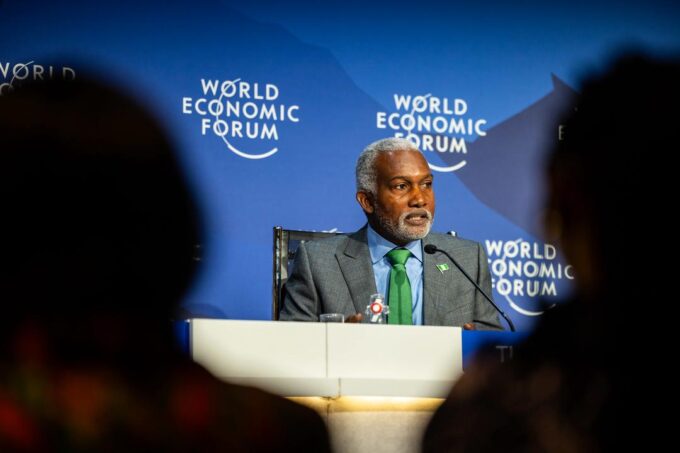

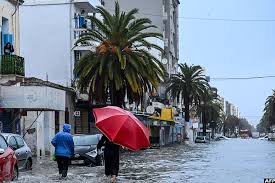
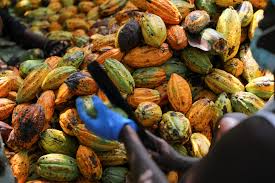


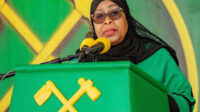
Leave a comment